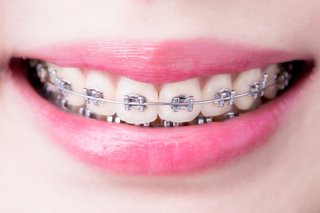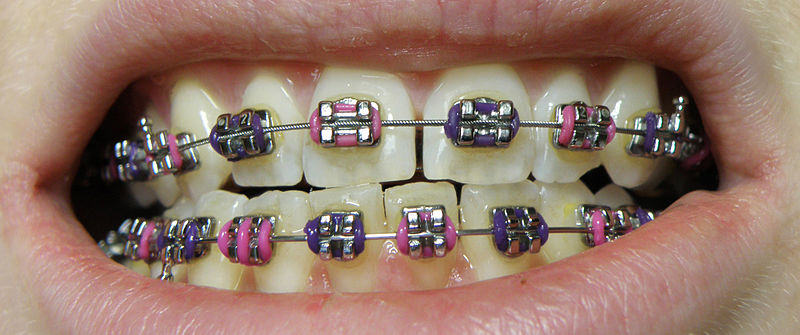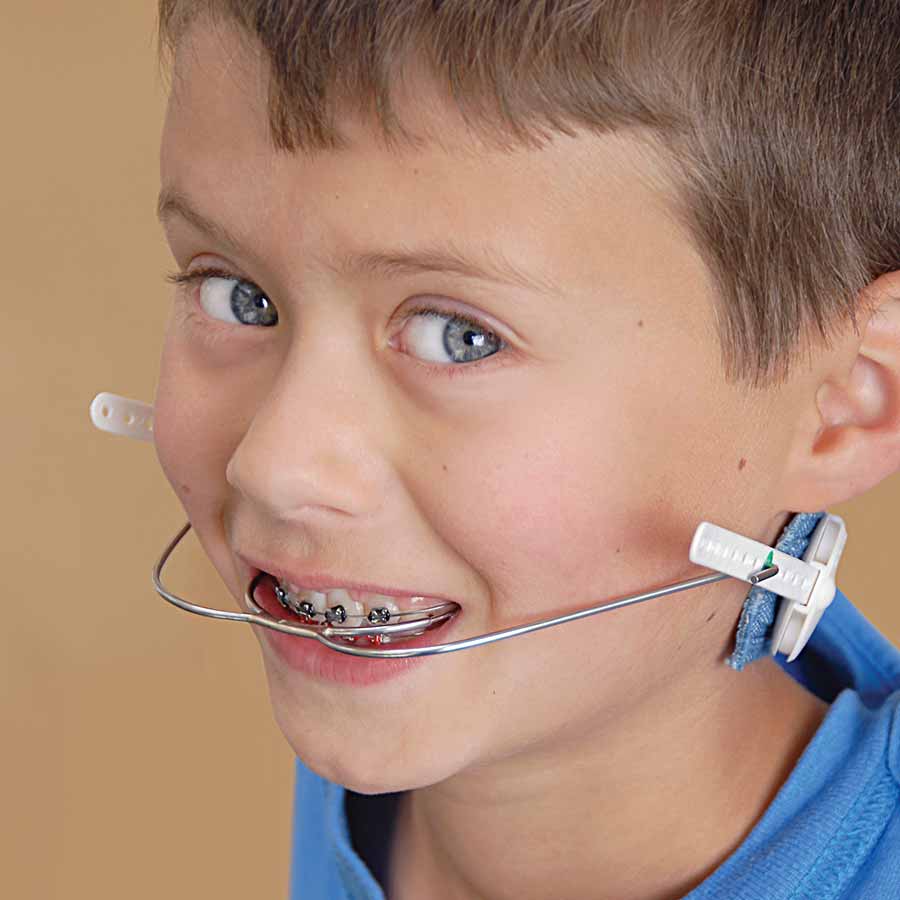Comprehensive Guide to Orthodontics Treatments for Dealing With Dental Misalignments
In the world of orthodontics, the trip to attaining a perfectly lined up smile includes a myriad of treatments customized to correct dental misalignments. From standard dental braces to invisible aligners and even surgical choices, the area of orthodontics supplies an array of solutions to deal with varying degrees of dental irregularities. Comprehending the ins and outs of each treatment, including their devices, advantages, and possible downsides, is crucial in making informed decisions about one's orthodontic treatment. As we navigate via the comprehensive overview to orthodontic treatments for dealing with oral imbalances, the intricate details of each approach will certainly unravel, clarifying the course toward a practical and harmonious dental positioning.
Orthodontic Procedures Introduction

In enhancement to clear aligners and traditional dental braces, orthodontists may likewise advise other treatments like headgear, palatal expanders, or retainers to attend to particular placement issues (cumming orthodontist). These procedures are tailored per patient's special demands and may include a mix of treatments to accomplish the wanted outcomes. Regular modifications and surveillance are essential parts of orthodontic therapy to make certain progression gets on track and to make any required adjustments along the road. By undergoing orthodontic procedures, individuals can not just achieve a straighter smile but likewise enhance their total dental health and function.
Typical Dental Braces: Just How They Function
When considering orthodontic therapies for dental imbalances, standard braces stand out as a tried and true method for dealing with teeth positioning. Traditional dental braces contain braces, wires, and bands that interact to use continuous stress on the teeth, gradually relocating them into the preferred alignment. The braces are attached to the teeth utilizing an unique adhesive, and the cables are threaded via the brackets. By readjusting the tension of the cables, orthodontists can control the direction and pressure applied to each tooth, assisting them right into appropriate placement in time.
As stress is used to the teeth via the dental braces, the bone bordering the teeth is improved to sustain the brand-new tooth placements. People will need routine adjustments at the orthodontist's office to make sure the dental braces continue to apply the appropriate pressure for effective teeth movement.
Unnoticeable Aligners: Cons and pros
Invisible aligners provide a practical and discreet alternative to typical dental braces for dealing with oral misalignments. These clear, customized trays are practically invisible when put on, making them an enticing choice for individuals seeking an extra visually pleasing orthodontic treatment. Among the key advantages of invisible aligners is their removability, permitting less complicated upkeep of oral health compared to traditional dental braces. Individuals can remove the aligners prior other to consuming or brushing their teeth, reducing the threat of food getting embeded the home appliance and simplifying the cleansing process.

Surgical Orthodontic Options
Surgical treatments in orthodontics present practical options for resolving intricate oral imbalances that may not be efficiently dealt with through standard orthodontic therapies. While typical braces and undetectable aligners can correct many orthodontic issues, specific cases call for medical treatment to attain optimal outcomes. Surgical orthodontic choices are usually recommended for severe malocclusions, significant jaw disparities, and instances where the underlying bone framework requires adjustment to achieve appropriate alignment.
One usual surgical orthodontic treatment is orthognathic surgery, which involves rearranging the jaws to fix useful concerns such as trouble chewing or talking. This surgical treatment is often performed in cooperation with an orthodontist who aids align the teeth prior to and after the procedure. Surgical orthodontics might likewise entail procedures to subject influenced teeth, get rid of excess gum cells, or improve the jawbone to produce an extra unified face account.
Before considering surgical orthodontic alternatives, clients go through an extensive analysis to establish the necessity and prospective benefits of such interventions. orthodontist. While surgery might appear difficult, it can considerably boost both the late night dentist function and looks of the smile in situations where conventional orthodontic treatments fail
Retainers and Post-Treatment Treatment

Post-treatment treatment includes adhering to the orthodontist's instructions faithfully. This may include proper dental health practices, attending follow-up visits, and putting on the retainers as suggested. Failing to abide by post-treatment treatment directions can cause regression, where the teeth gradually move back towards their original positions. Consistent retainer wear, good oral hygiene, and regular dental check-ups are vital for preserving the outcomes accomplished with orthodontic surgical treatment and making sure the lasting security of the remedied dental positioning.
Conclusion
In conclusion, orthodontic treatments offer numerous options for dealing with dental imbalances. Surgical orthodontic options are offered for more serious imbalances. In general, orthodontic treatments can effectively enhance oral health and visual look.
As we navigate with the thorough guide to orthodontic treatments for dealing with dental imbalances, the detailed details of each approach will certainly unravel, shedding light on the course toward a practical and unified oral alignment. - cumming orthodontist
One of the most usual orthodontic treatments is the use of braces, which are composed of steel braces and wires that apply gentle stress to progressively change teeth into the desired setting.When thinking about orthodontic therapies for oral imbalances, traditional braces stand out as a tried and true technique for Full Report remedying teeth placing. Additionally, unnoticeable aligners may not be appropriate for complicated orthodontic concerns that call for even more substantial teeth activity, as they are typically recommended for mild to moderate cases. Retainers are custom-made orthodontic devices designed to hold teeth in their fixed positions after the completion of orthodontic treatment.
Comments on “The Benefits of Choosing a Cumming Orthodontist for Your Braces and Aligners”